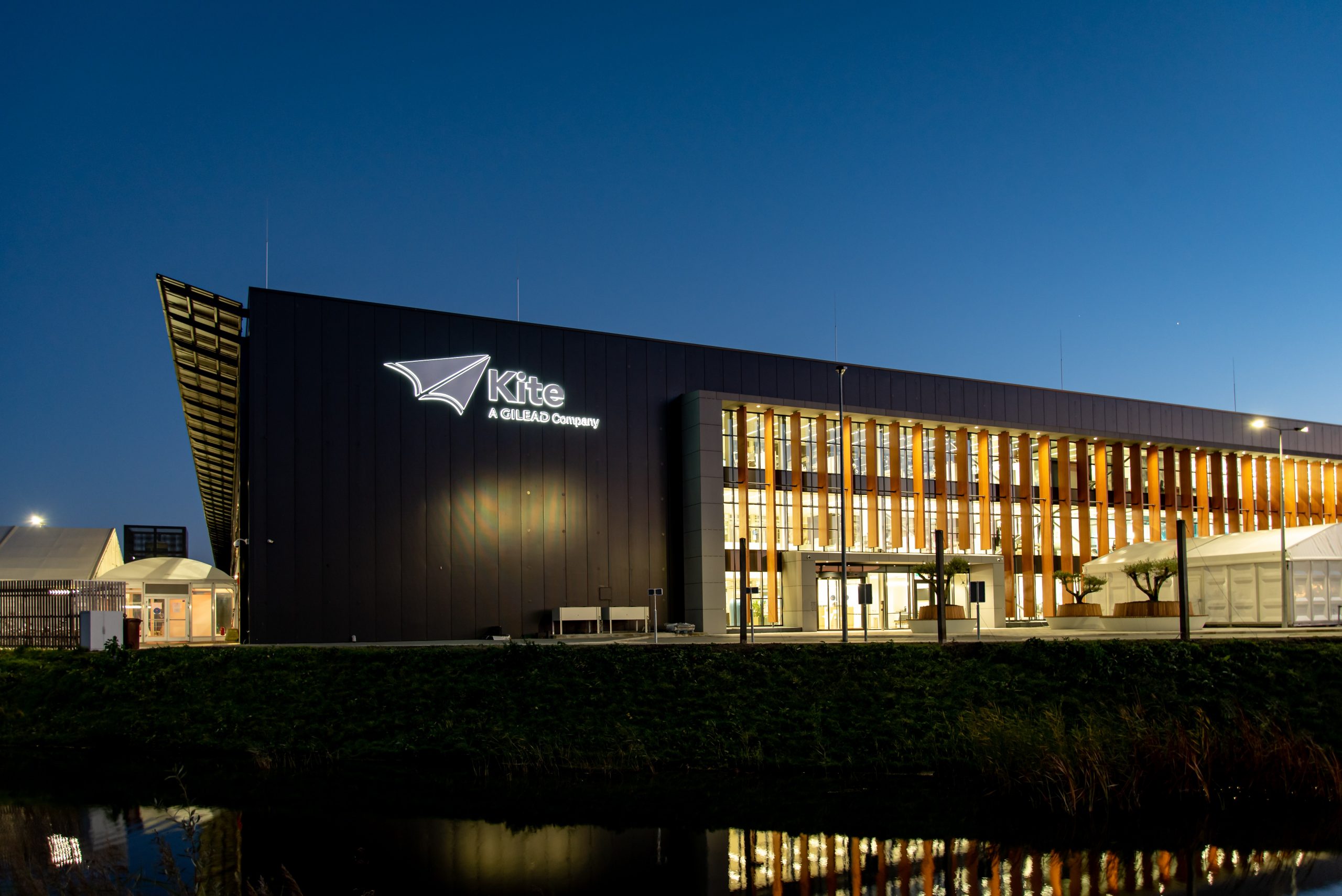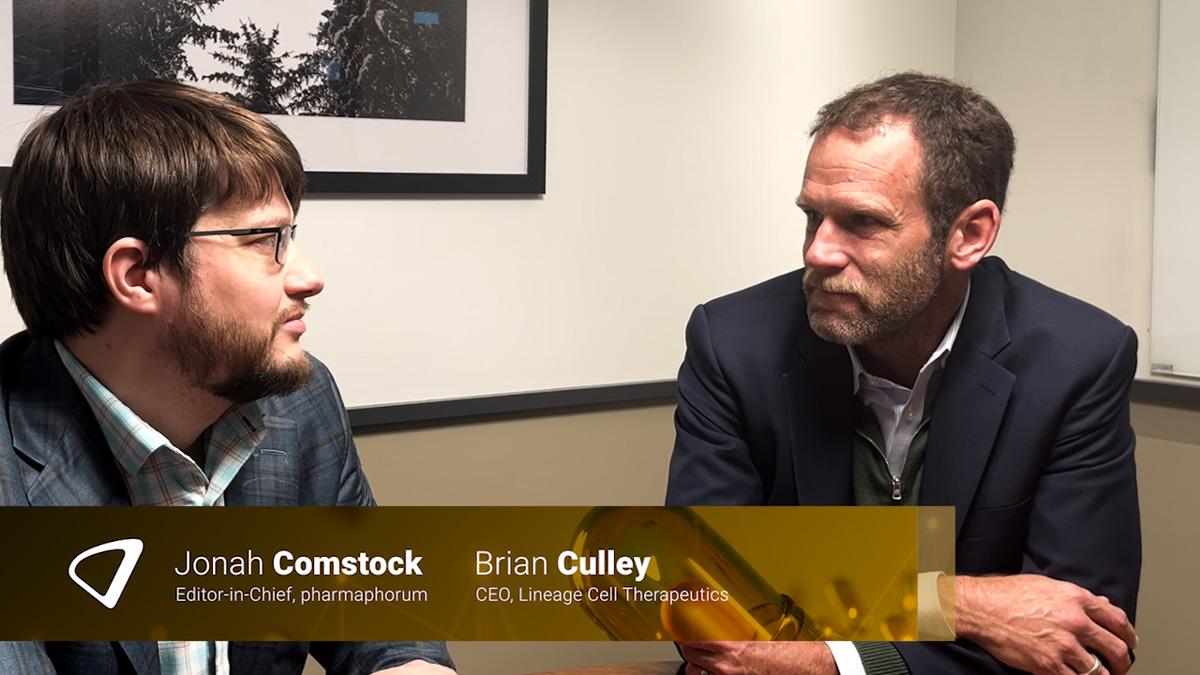Oxford BioTherapeutics to research cell therapies for Gilead’s Kite

Gilead Sciences’ Kite unit has teamed up with the UK’s Oxford BioTherapeutics (OBT) to develop a new clutch of cell therapy products for solid tumours and blood cancers.
The partnership covers up to five oncology targets identified by OBT using its discovery platform, and the UK firm will try to develop antibodies against them. Kite and Gilead will then develop and commercialise therapies based on these targets or antibodies.
“Selecting the right target is fundamental for the successful development of first-in-class cell therapies,” said OBT chief executive Dr Christian Rohlff.
“We are delighted that Kite, the global leader in cell therapy, has recognised the potential of OBT’s OGAP discovery platform and antibody capabilities through this partnership.”
Under the agreement, OBT will receive an undisclosed upfront payment and may receive receive additional payments based on the achievement of discovery, clinical, and regulatory milestones, as well as royalties on any sales coming down the line.
Gilead acquired Kite in 2017 for almost $12 billion, at a time when enthusiasm for cell therapies for cancer, and particularly CAR-T, was riding high on the back of unprecedented, life-saving efficacy in trials involving patients with few treatment options left.
The commercial reality for CAR-Ts has been more challenging, and as the pipeline has become more crowded Gilead has cut the value of the experimental assets it acquired along with Kite on more than one occasion to the tune of around $1.6 billion.
The main draw for the Kite takeover for Gilead was lead CAR-T Yescarta (axicabtagene ciloleucel), approved for large B-cell lymphoma shortly after the company made its move, which was joined by Tecartus (brexucabtagene autoleucel) for mantle cell lymphoma last July.
Problems with tolerability, reimbursement and a complex manufacturing process has pegged back sales of CAR-Ts from earlier expectations, but Yescarta reached $450 million in 2019, and nearly matched figure that in the first nine months of 2020, with Tecartus adding a modest $9 million to the pot.
Gilead and Kite remain convinced that cell therapy can become the cornerstone of cancer treatment, however, and the deal with OBT isn’t the first that has boosted Kite’s portfolio.
In April last year, for example, Kite licensed a suite of antibodies from Teneobio against BCMA – a key target for multiple myeloma therapy – that will be used to generate CAR-T treatments for the blood cancer.
Last September it forged a second alliance with HiFiBiO Therapeutics to find novel targets and antibodies for acute myeloid leukaemia (AML), adding to an earlier agreement focusing on T cell receptor (TCR) therapies for cancer.
In 2018 it also formed a partnership with Gadeta of the Netherlands to develop new forms of CAR-T with greater activity against solid tumours.













